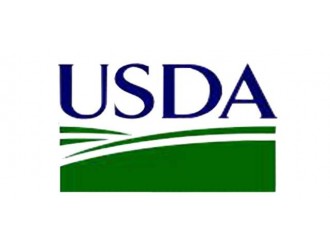经过评估,专家小组认为在建议的使用条件下该添加剂对环境是安全的。由于其被认为可以给食物调味,并且其在饲料中的功能与在食品中的功能基本相同,因此认为没有必要进一步证明其功效。部分原文报道如下:
Following a request from the European Commission, EFSA was asked to deliver a scientific opinion on the safety and efficacy of an essential oil obtained from the oleoresin of Pinus pinaster Aiton (pine white oil, also known as turpentine oil), when used as a sensory additive in feed and water for drinking for all animal species. The Panel on Additives and Products or Substances used in Animal Feed (FEEDAP) concluded that the essential oil under assessment is safe up to the maximum proposed use levels of 35 mg/kg for laying hens, piglets, pigs for fattening, sows, rabbits, salmonids, 50 mg/kg for veal calves (milk replacer), cattle for fattening, dairy cows, horses, dogs and ornamental fish, 20 mg/kg for cats. For the other species, the calculated safe concentrations in complete feed were 25 mg/kg complete feed for chickens for fattening, 33 mg/kg for turkeys for fattening and 14 mg/kg for ornamental birds. These conclusions were extrapolated to other physiologically related species. For any other species, the additive was considered safe at 20 mg/kg complete feed. No concerns for consumers were identified following the use of pine white oil up to the maximum proposed use levels in feed. The additive under assessment should be considered as irritant to skin and eyes, and as a skin and respiratory sensitiser. The use of pine white oil at the proposed use level in feed was not expected to pose a risk for the environment. Pine white oil was recognised to flavour food. Since its function in feed would be essentially the same as that in food, no further demonstration of efficacy was considered necessary.
本文由食品伙伴网食品资讯中心编辑,有任何疑问,请联系news@foodmate.net。












 地区:
地区:






 鲁公网安备 37060202000128号
鲁公网安备 37060202000128号



